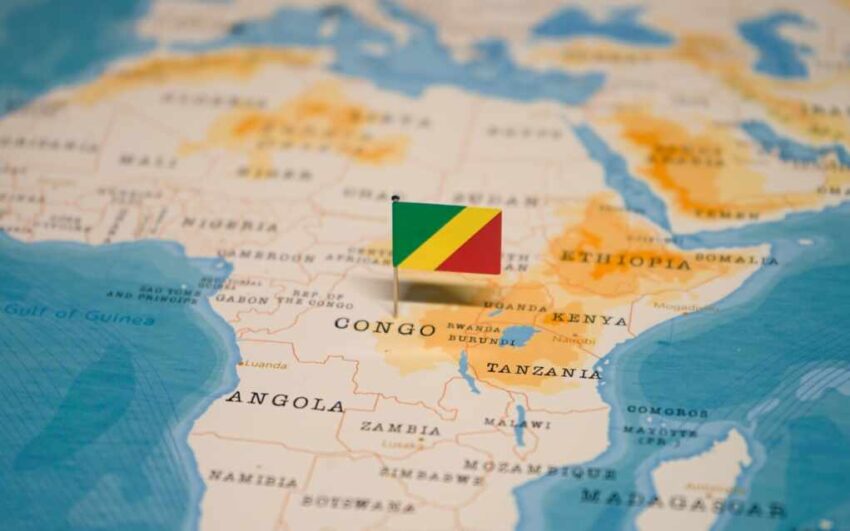U.S. funding cuts to HIV and emergency health programs in eastern Congo have forced clinics to shut down vital services, leaving survivors and vulnerable populations exposed to escalating infection and instability.
At a Glance
- U.S. aid cuts have halted post-exposure prophylaxis and HIV medicine in eastern Congo
- HIV prevalence in the region is now 3.5%, nearly double the national average
- Tens of thousands of rape survivors are without lifesaving kits
- Clinics report severe shortages in basic medicines, including painkillers
- Regional experts warn of a spike in new infections and AIDS-related deaths
Aid Cuts Ignite Health Emergency
As of July, U.S. funding through PEPFAR and USAID has ceased in conflict-affected provinces such as South and North Kivu, forcing health centers to close or drastically reduce services. The halt affects critical post-exposure prophylaxis (PEP) kits and antiretrovirals used to treat rape survivors and HIV patients. With HIV prevalence in these regions now exceeding 3.5%—nearly double the national average—local hospitals report being out of basic medications and bracing for a new wave of infections.
Clinics that once treated thousands daily are shutting down, while only 13% of rape survivors now receive timely HIV prevention within the crucial 72-hour window, according to aid workers. The impact is immediate and severe: the U.S.-backed programs that drove progress against HIV in Congo are collapsing.
Watch a report: USAID canceled rape survivor kits for Congo as conflict erupted.
https://www.reuters.com/video/watch/idRW644701072025RP1/
Regional Fallout and Global Alarm
The collapse of U.S.-funded health infrastructure has triggered cascading crises. Hospitals across eastern Congo are reporting dwindling inventories of painkillers, antibiotics, and even gloves. Humanitarian agencies warn that this is not merely a funding pause, but a breakdown with far-reaching implications. USAID support for malaria prevention and maternal health has also been gutted, leaving millions exposed.
The President’s Malaria Initiative, which helped cut African malaria mortality by more than 60%, has seen nearly half its funding vanish. In the DRC, where health workers already face violent conditions, the impact has been particularly brutal. Clinics are being looted, evacuated, or shuttered outright.
Global health advocates are raising the alarm. A recent Lancet study warns that dismantling U.S. global health efforts—including PEPFAR—could contribute to more than 14 million preventable deaths by 2030. The Houston Chronicle recently highlighted how Trump-era cuts have gutted George W. Bush’s signature anti-AIDS legacy in Africa.
Countdown to Catastrophe
Congo now teeters on the edge of a full-scale humanitarian disaster. In a region already destabilized by violence, the sudden collapse of public health services risks igniting new waves of migration, resistance, and civil unrest.
Without immediate global intervention to restore HIV prevention and emergency aid, health officials warn the region could backslide to pre-2000s mortality rates. The question is no longer whether the U.S. pullback is having consequences—it’s how far and how fast the damage will spread.
Click this link for the original source of this article.
Author: Editor
This content is courtesy of, and owned and copyrighted by, https://thecongressionalinsider.com and its author. This content is made available by use of the public RSS feed offered by the host site and is used for educational purposes only. If you are the author or represent the host site and would like this content removed now and in the future, please contact USSANews.com using the email address in the Contact page found in the website menu.








